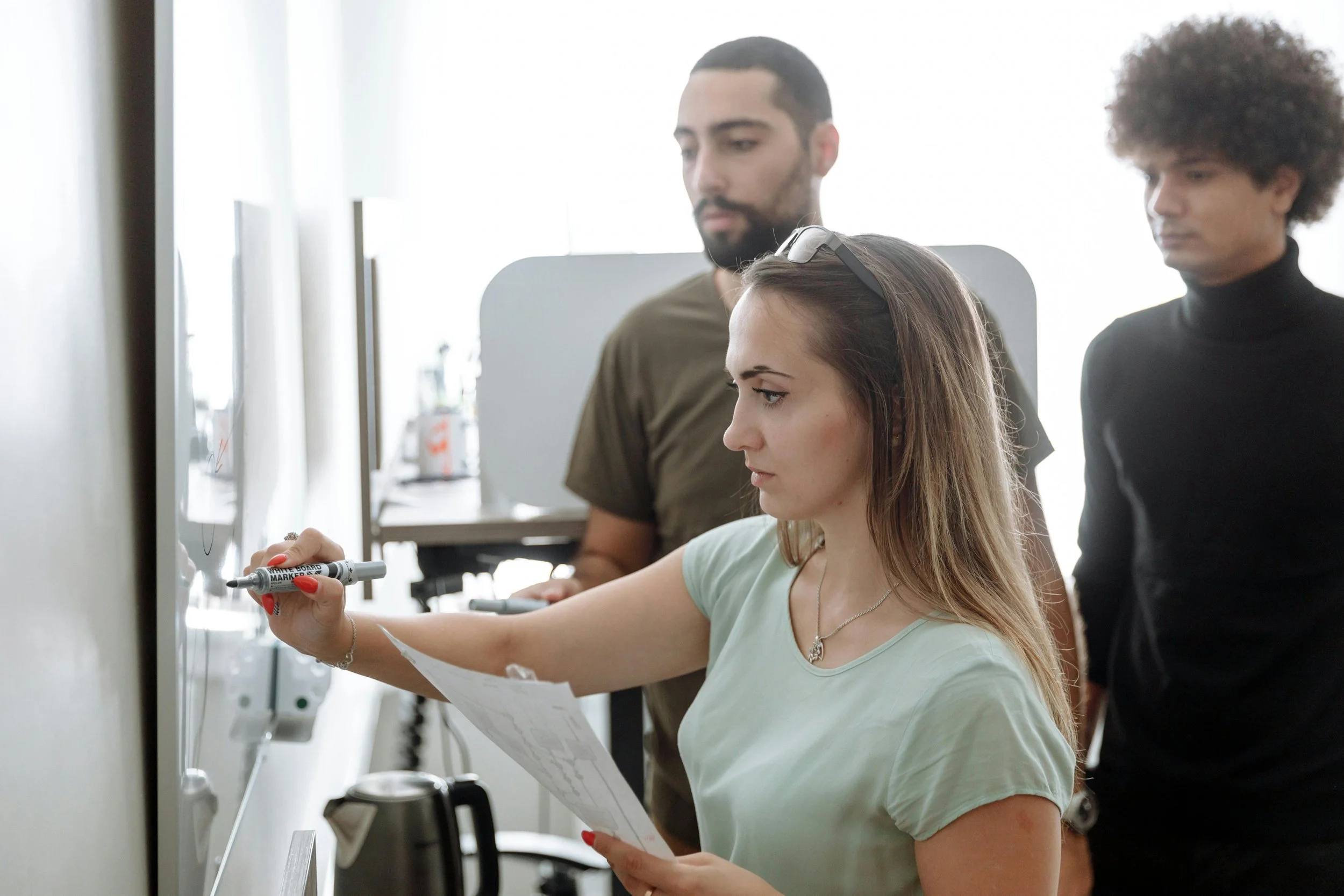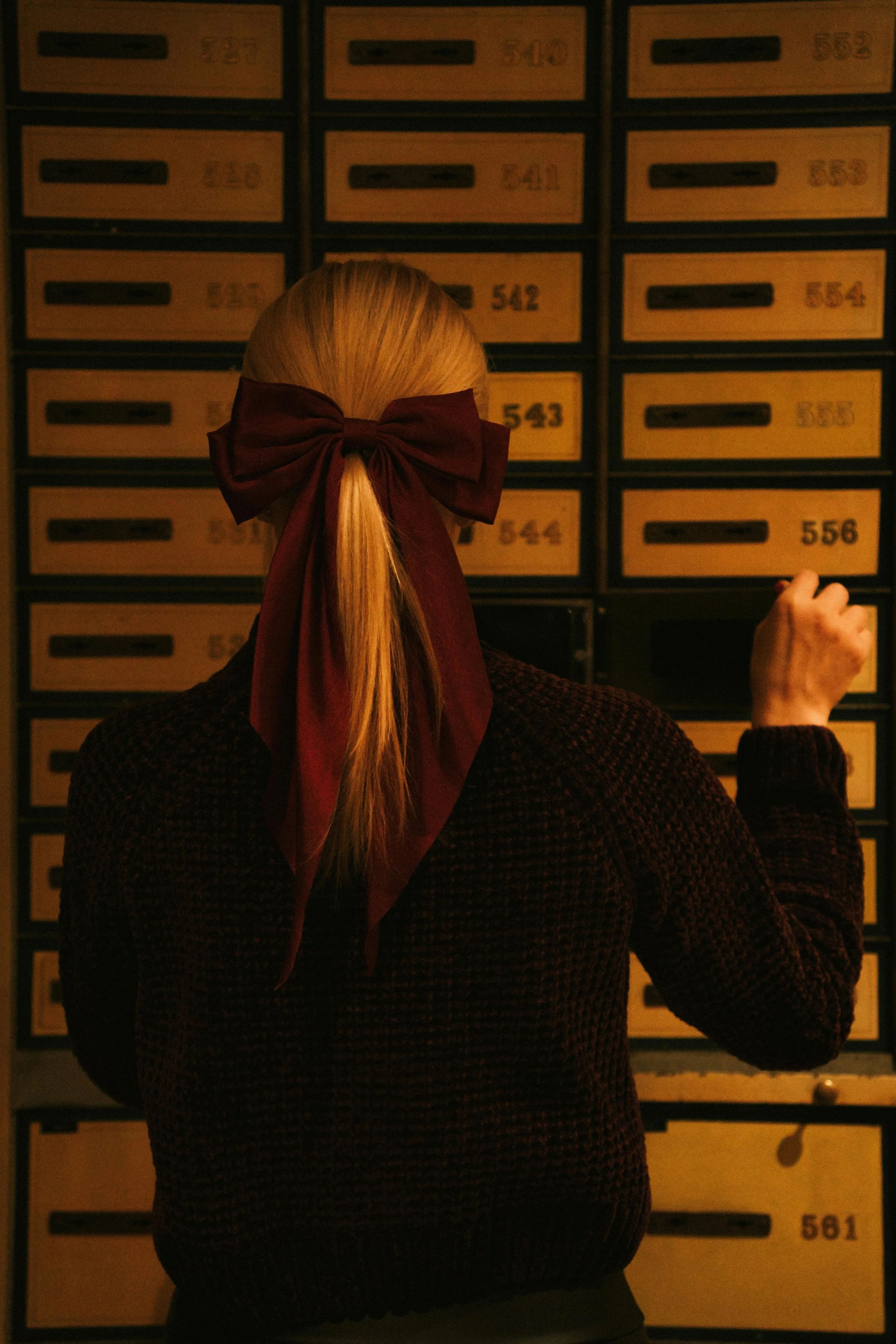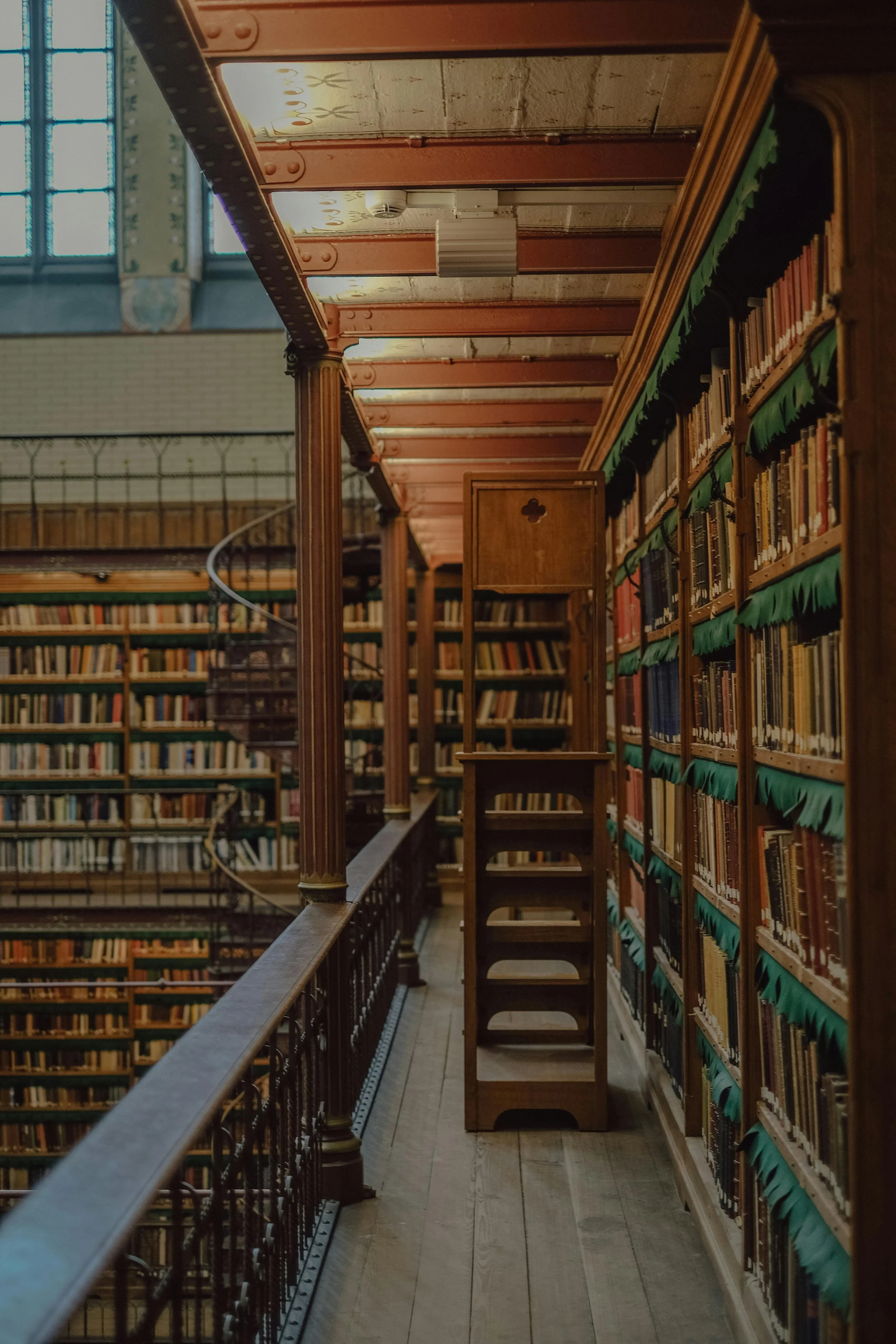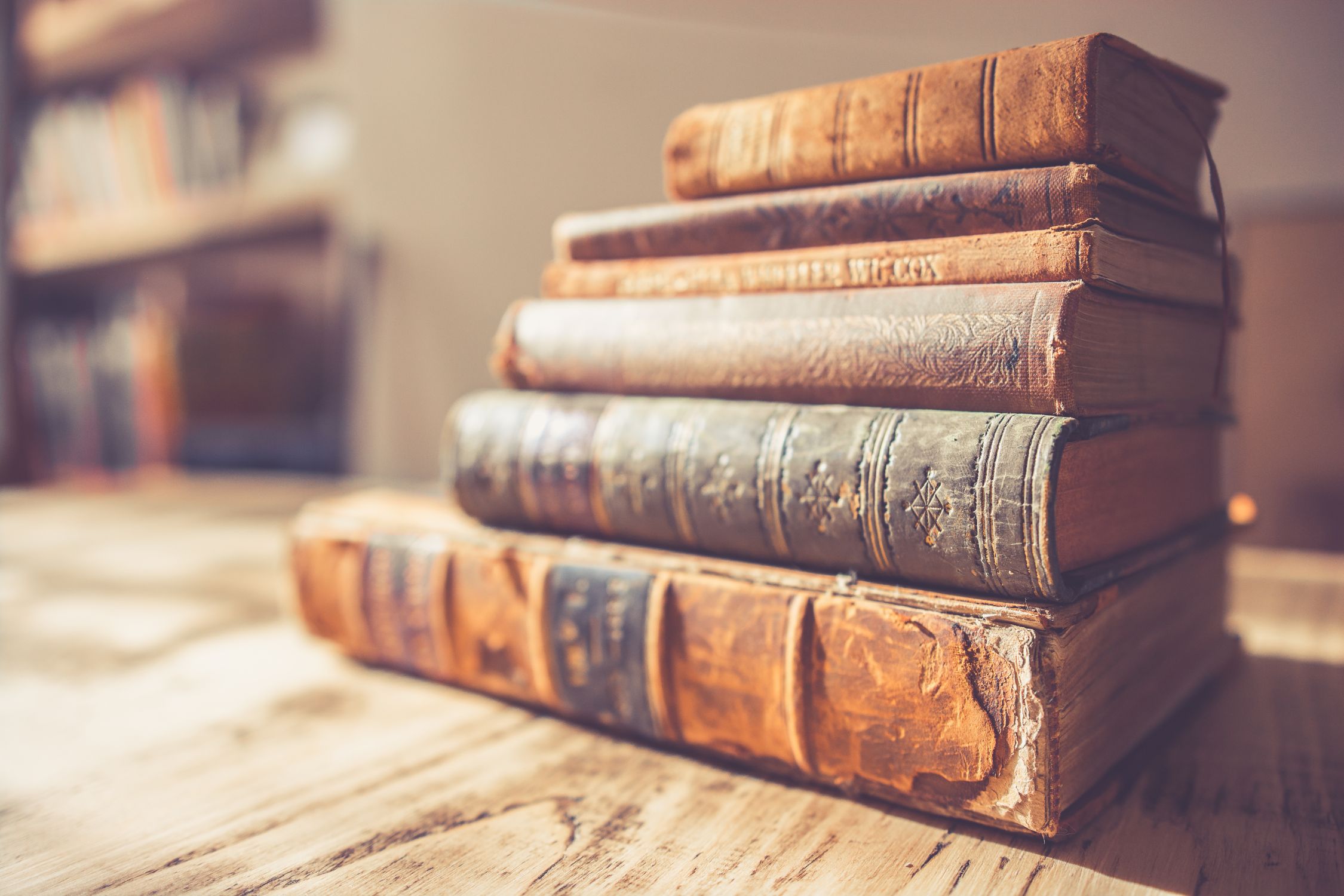To produce sound historical research, we need reliable primary sources. Records created at the same time as an event, or as close as possible to it, usually have a greater chance of being accurate than records created years later, especially by someone without firsthand knowledge of the event. When you are conducting research, you want to corroborate the contents of the document you are working with with information from other sources that have been proven to be legitimate
Five Questions to Ask When Using Primary Sources
Developing Primary Source Literacy
Interrogating Documents with 16 Questions
When I teach my Research Methods students, I often ask them to interrogate their primary sources. When you’re working with documents—whether manuscripts from the 17th century or blog posts that were published minutes ago—you need to analyze them like detectives. Nothing should be taken at face value. Often, this means that a document may need to be read several times to unravel its meaning.
7 Secrets to Stellar Archival Research
Conducting archival research can be challenging. Unlike libraries, which have assets with consistent information, archives preserve and provide access to unique materials.
Trained as an archivist, I also work as a researcher, so I have a 360-degree perspective on archives. In a graduate-level course on research methods I teach, I offer the following suggestions to my students.









